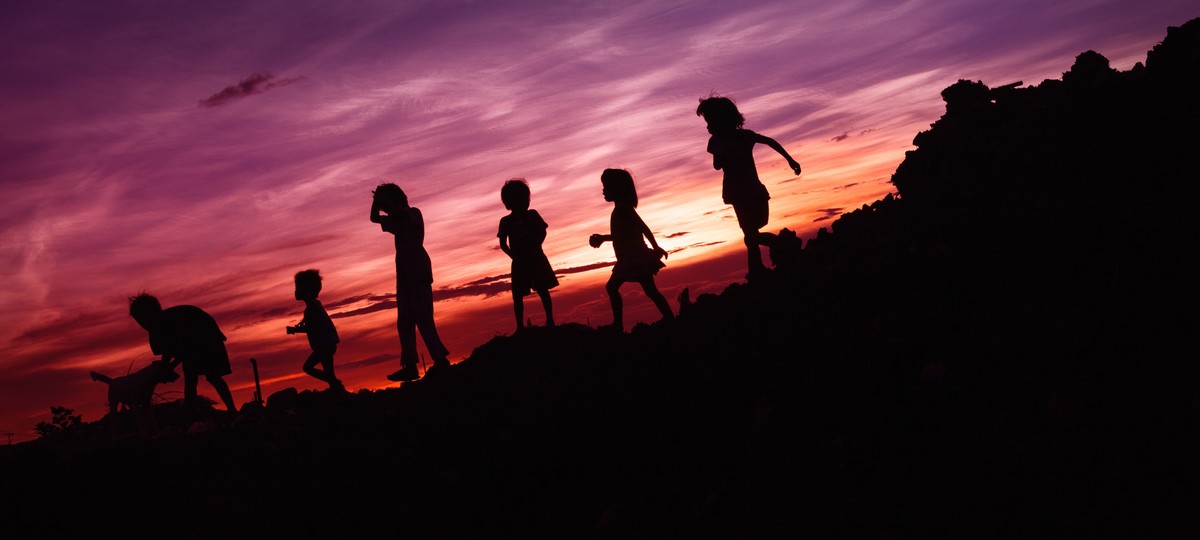
That's the most positive spin we can put on a new Pew Research Center study that shows young people are massively more cynical and distrusting than their elders are. For instance, nearly 3 out of 4 Americans under age 30 believe people "just look out for themselves" most of the time. And 6 in 10 say most people "can't be trusted."
How does that differ from their elders? Pew's John Gramlich writes that young adults are "much less likely than those 65 and older to say they have confidence in the American people to do what they can to help those in need (53% vs. 80%); work together to solve community problems (52% vs. 71%); (or) treat others with respect (48% vs. 74%)."
Young folks sound positively Get-Off-My-Lawn.
The Pew folks don't claim to know exactly why there's such a gap, or even if it's unprecedented. And their write-up added, "There is reason to believe that young adults' views and behaviors might change as they get older — and as the world around them changes."
But what really has to change is not the world; it's perceptions. Too many young Americans have grown up believing that they were surrounded by unimaginable (and yet mostly imagined) horrors. Halloween candy poisoners. Bus stop predators. Sex traffickers in every aisle at Ikea. Teaching kids that, "You better stay next to me at the store because otherwise someone will snatch you!" could very well have played a role in making the youngest generation distrust the world.
Boston College psychology professor Dr. Peter Gray adds that high levels of distrust may also in part be the result of play deprivation. "Social play is necessarily cooperative and trusting — you have to trust the other person. (It's) an agreement: we're going to do this, together."
When there's a lack of play, or if the only play kids get is in a structured setting, with set teams and an adult running the show, the kids don't learn trust because it's not a necessary part of the equation.
Gray illustrates the evolutionary importance of play by channeling a bonobo playdate: "I'm not going to bite you, but how do I prove that? We play and play. We go through the motions of fighting but we're not actually going to truly bite each other. I'm trusting you not to bite me. I'm even lying on my back — my belly's up. You could kill me right now." Doing all that creates deep trust.
Trust is not just a nice character trait or evidence that a person is a sap. It has to be there before we can take any kind of risk, from trying a new activity to falling in love. Without trust, the world is just a rotten place filled with rotten people ready to hurt us. What a miserable outlook to carry through life.
So, how can we nurture kids' trust in the world? We gradually let them encounter it. They learn that strangers are just other people. Challenges are things they can handle. Help is something that it's fun to give (that's why parents are always giving it!). As their trust grows, our trust grows in them. It's win-win.
The world wins, too, as our optimistic, open children go forth and connect instead of slamming the door and shaking their heads.


 Contact The Editor
Contact The Editor
 Articles By This Author
Articles By This Author